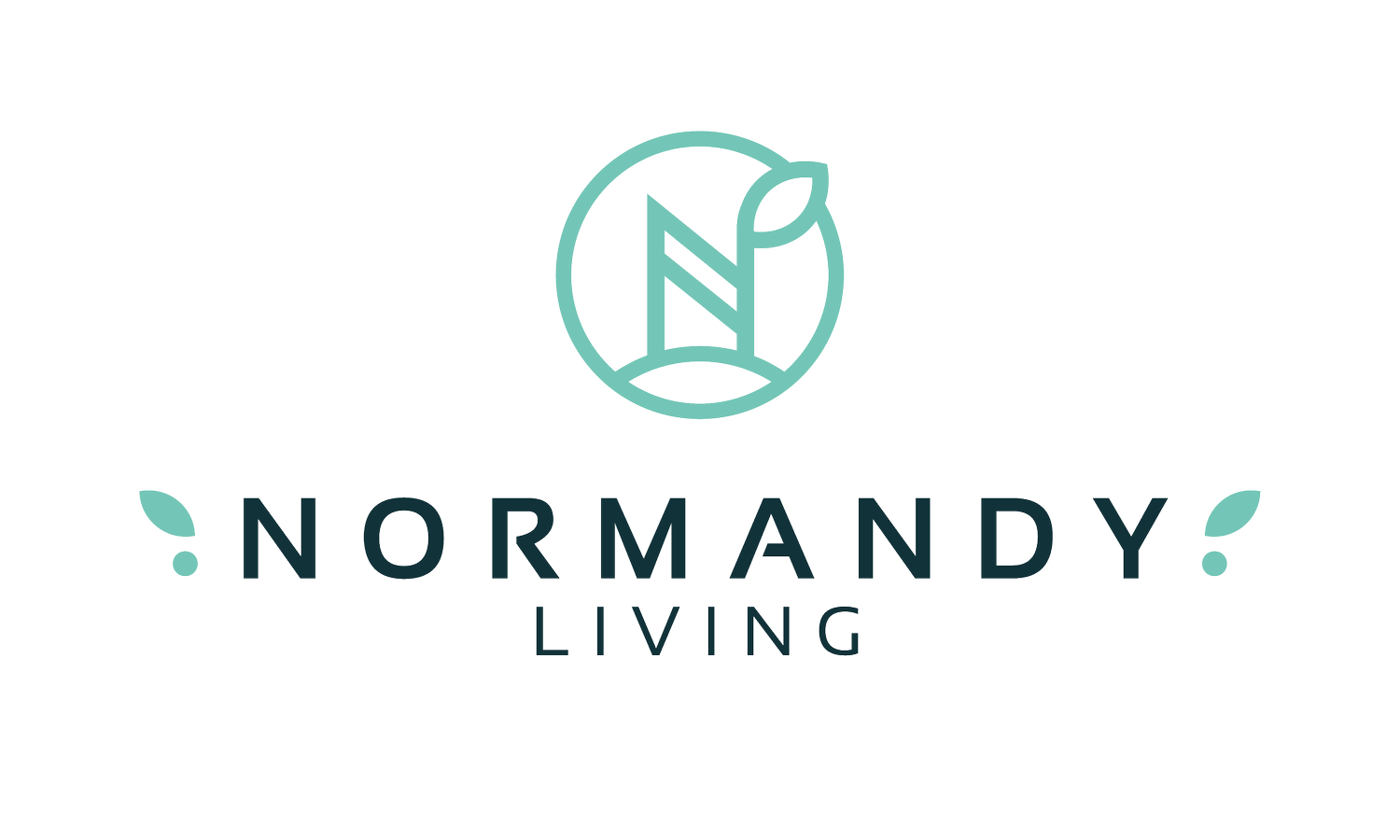The 6 Best Supplements for Seniors
There seems to be a supplement for everything nowadays, from memory, to increased energy, to heart health. But how do you know which supplements are right for you? Here are the six best supplements for seniors.
1. Vitamin B6
Vitamin B6 helps your body make red blood cells. You can find it naturally in foods like bananas, chicken, chickpeas, tuna, and oranges. But sometimes, seniors have trouble consuming enough vitamin B6 in their diet. Fortified cereal may help you increase your intake of B6, but if you need more than you’re able to consume in your food, it’s wise to take a B6 supplement. Men should have 1.7 mg per day, while women need 1.5 mg.
2. Vitamin B12
Vitamin B12 is another B vitamin that’s important for your blood cells. Additionally, B12 helps your nerves stay in good shape. This vitamin is only found naturally in foods derived from animals (dairy, meat, and fish), so if you are vegetarian or vegan, you’ll need to eat fortified foods like soy milk and cereal, or take a supplement. Many seniors have trouble absorbing vitamin B12, even if they consume foods that are rich in the vitamin, so it’s common to need to take a B12 supplement as you age. Seniors need 2.4 micrograms every day.
3. Vitamin D
Vitamin D is made naturally when you spend time in the sun, but many people, especially those living in the northern hemisphere, don’t produce enough vitamin D. Fortified milk and cereal are good sources of vitamin D, but they are often not enough for seniors. Low levels of vitamin D are linked to a multitude of health problems, including osteoporosis, cognitive decline, depression, and cardiovascular disease.
4. Calcium
Calcium is also important for bone strength. Seniors who don’t consume enough calcium are at greater risk of osteoporosis and bone fractures. While you can find calcium in foods like milk, leafy greens, and fortified cereals, you may need more than you’re able to consume in foods. Seniors should have 1,200 mg of calcium each day.
5. Vitamin C
Vitamin C helps keep your immune system strong. You’ll find vitamin C in foods like citrus fruits, peppers, cabbage, and spinach. Consuming enough vitamin C helps you fight infections like colds and also helps lower your risk of cancer, age-related macular degeneration, and cataracts. Men should aim for 90mg per day, while women need 75mg.
6. Glucosamine
Many seniors develop painful arthritis as they age. Glucosamine is naturally found in the cartilage of your joints, so taking a glucosamine supplement may ease arthritis pain. It’s important to note that glucosamine supplements are often derived from shellfish, so people with shellfish allergies shouldn’t take it. Additionally, glucosamine may increase eye pressure and exacerbate asthma.
While supplements can be extremely helpful and even necessary for seniors, it’s always best to get your physician’s advice before taking supplements. Some supplements interact with medications, and others may worsen specific health conditions, so always talk to your physician to ensure the supplements you want to take are safe and appropriate for you.


